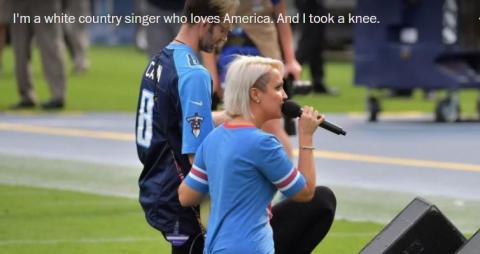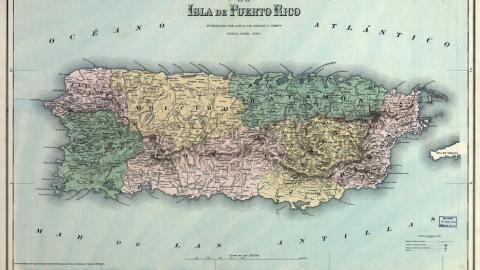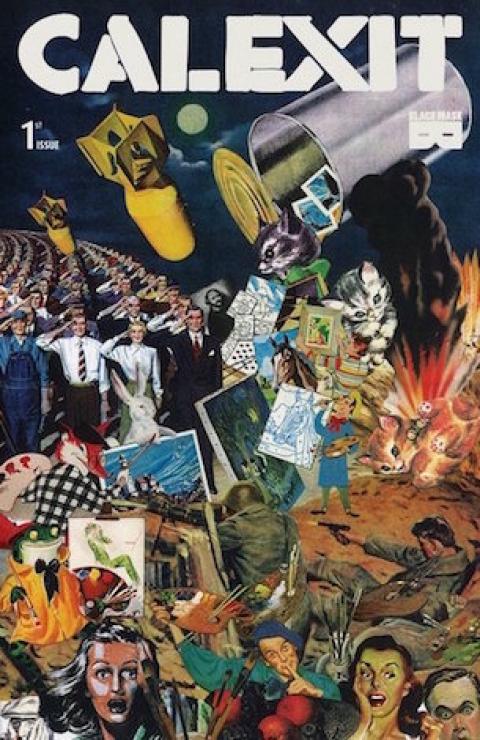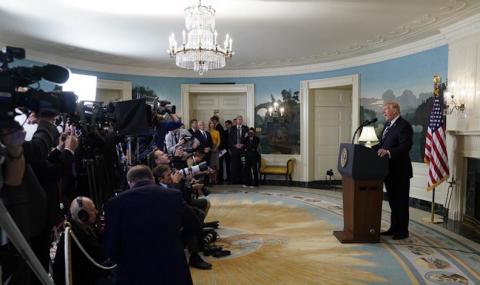Oakland Catcher Bruce Maxwell Breaks Baseball’s Politics Line
The Nation

There is a wall in baseball between sports and politics. One player just put a crack in it. Fall - Baseball - League Championships - World Series - what makes baseball different from other sports, like football, basketball and soccer?










Spread the word